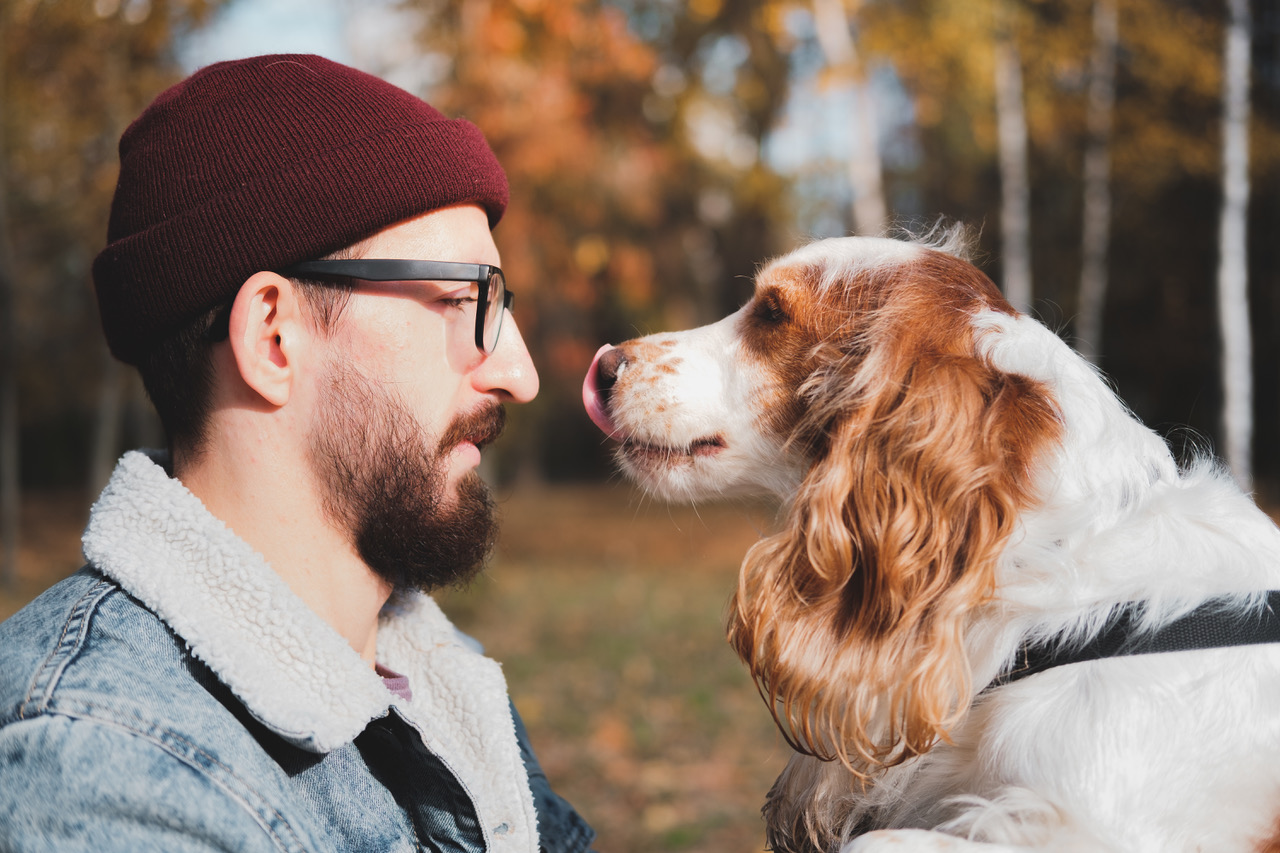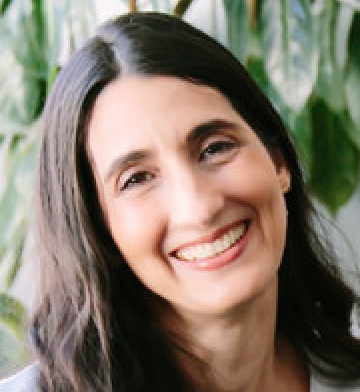The impact of this pandemic on our mental health can be seen already and on many levels. For some of us, this shows up in terms of different types of stress or frustrations. Others experience an intensifying of anxiety or depression, rage or avoidance. We, as mammals, require touch and yet never before have people social distanced or created the kinds of boundaries that we now see across the globe.
During week one of sheltering-in-place orders, I remember wondering about the impact of this pandemic on our mental health in terms of the potential for escalation of anxiety disorders, depression, and more. With a virus that has led to practices of increased hand washing, wiping down of groceries and surfaces, and a vigilance about minimizing contact, will diagnoses of obsessive compulsive disorders and agoraphobias increase? What difference will less social interaction and more isolation make to depressive symptoms?
In my patient practice, I already see rage that people feel due to certain guidelines or when they feel unsafe because of choices that go with or against those guidelines. Loss of control, the unknown, waiting, being alone, and fear of illness or death all trigger primal mental health symptoms.
So what do we do? How can we deal with this global trauma so that we learn, become stronger, and come out with more resiliency and capacity? How can we address and minimize the impact of this pandemic on our mental health personally and globally?
These simple practices can give you some ways to protect and support yourself starting right away:
- It seems fair to say that we all experience trauma at some point in our lives.It helps to realize that, in one way or another, you’ve experienced some serious challenges and lived to tell the tale. Feel yourself here and now and focus on the fact of your “alive-ness.” Simply doing this can be remarkably helpful.
- It can also make a difference when we feel reassured and connected to someone who sees us, validates and loves us.Peter Levine’s somatic experiencing model places a lot of emphasis on polyvagal nerve theory. This work has shown that focusing on connections with others brings us feelings of safety. These resourcing emotions help us to come out of trauma or to not ramp up to such extremes in the first place. To tap into these healthy, connected feelings, take the time to do a video call to a friend, loved one, or mental health professional (and cuddle a pet!).

- Breathe. Practice box breathing so that your breath out takes twice as long as your breath in. This can actually support your immune system, calm your mind, strengthen your heart, and do all kinds of other great things. Read more about that here (and listen to a 4 minute audio guided exercise).
- Recognize that this time presents unique challenges that can trigger us all in different ways. Remind yourself that everyone, including you, is doing their best, even when we don’t necessarily agree about each others choices. Remembering that these circumstances unite us in unique ways can help us to feel less alone and less isolated.
- Look yourself in the eyes. Seriously. Some really amazing, healing things happen in the brain when we look at ourselves in the mirror. It soothes us, calms and strengthens our hearts, and improves our self-compassion. You can practice this for even a few minutes daily to make a difference. It may help you to feel more connected to yourself and may boost your confidence and sense of self. (Note: For some, this practice can be a little uncomfortable at first. That’s ok! Start with just as much as you can tolerate and allow yourself to be “interested” in the experience. After a while that discomfort transforms for most people and then this feels easier.).
- Remember your feet. These times feel so strange, so surreal, that the line between dream and reality often seems blurred. Of course, from a mental health perspective, this can lead to feelings of de-realization and dissociation. Those symptoms, in some people, can trigger or exacerbate psychological disorders. If you experience that dreamlike feeling from time to time, in mildly uncomfortable ways, try this little exercise: Focus on the feelings in your legs by rubbing your thighs. Feel your feet on the floor or the earth. Or turn your feet in and out when sitting or lying down and track the sensations of being in your body. You might want to say to yourself, “I am here and I am Ok!” This can help to ground you, bring you into the here and now, and can anchor you. (If, however, those symptoms become more than mild, or if you have a more serious mental health condition, please see the next item and be sure to seek support).
- Above all else, reach out for help. Most everyone feels vulnerable in some way during these unusual circumstances. Know that you are not alone. Tap into some of the resources out there to get support by talking to a professional, watching videos and webinars, and trying different types of services to get help.
These mental health organizations can give you a place to start:
Mental Health America– Some great resources on the website (even if you live outside of the USA)
Movement for Global Mental Health
The World Federation for Mental Health
Previously published on drdyan.com on May 20, 2020
Featured image by Michelle Nagy for Adobe; Image of man & body image Photoboyko for adobe

